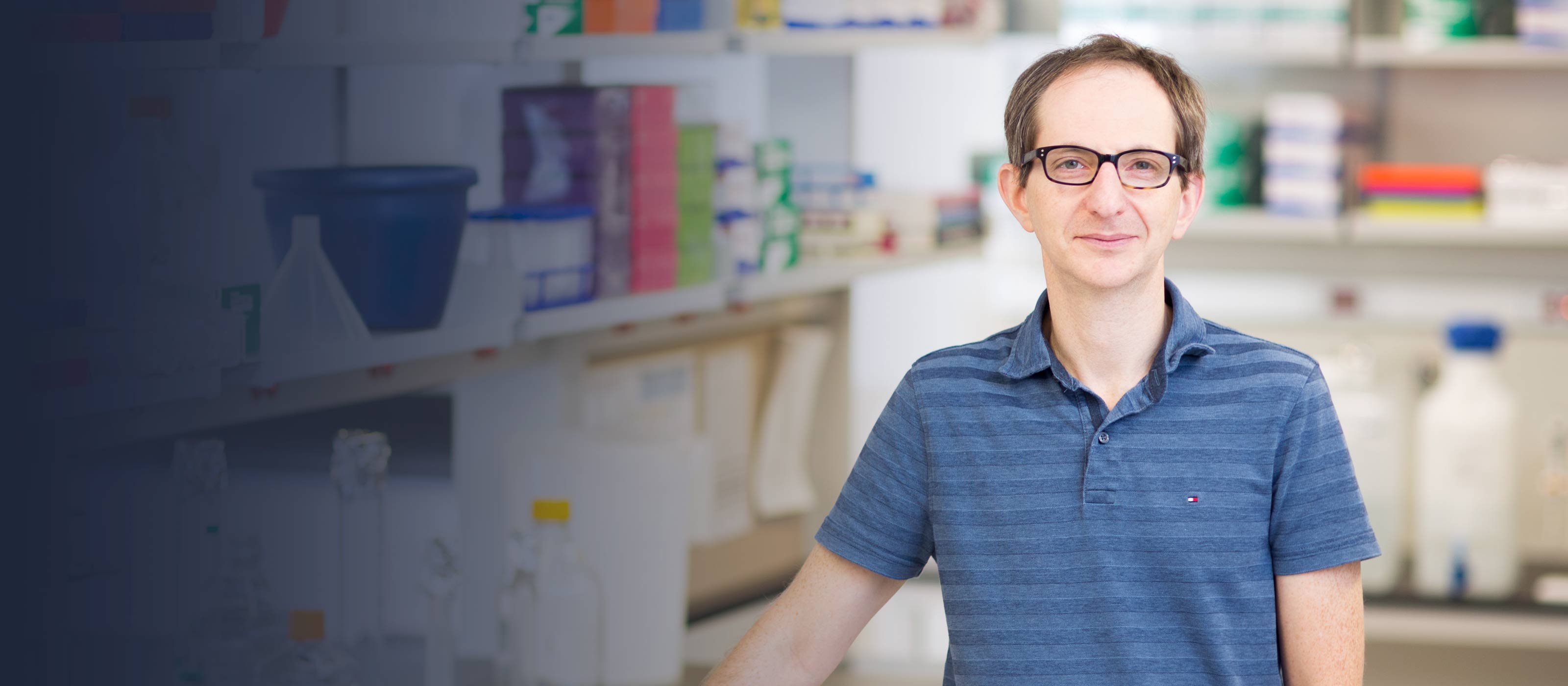Main content

Research Professor, Department of Pathology
Major areas of research in my lab include dendritic cell development and function, mechanisms of autoimmunity, and stem cell function
Dendritic Cell Development and Function
Dendritic cells (DCs) detect, capture, and present invading pathogens to lymphocytes, thus representing a critical link between innate and adaptive immunity. DCs encompass several lineages dedicated to distinct pathogens and immune response types, including the antigen-presenting classical DCs (cDCs) and interferon-producing plasmacytoid DCs (pDCs).
Our studies have identified several transcription factors and signaling pathways that control the development and specification of DCs. Our current studies focus on the molecular control of DC function in the steady state and during immune responses.
Mechanisms of Autoimmunity
Aberrant recognition and attack of the body by its own immune system causes autoimmune diseases such as type 1 diabetes, multiple sclerosis, and systemic lupus erythematosus (SLE). We are studying the mechanisms of autoimmunity by focusing on SLE, in which the immune system targets self-DNA and self-RNA. We have characterized a unique nuclease, DNASE1L3, as an essential mechanism of tolerance to self-DNA, the loss of which causes SLE-like autoimmune responses towards self-DNA. We are exploring the mechanism of DNASE1L3 activity and its potential as a therapeutic tool.
Stem Cells in Normal Hematopoiesis and Leukemia
Stem cells can both differentiate into various cell types and maintain their own population of undifferentiated cells. Thus, a single hematopoietic stem cell (HSC) can regenerate the entire blood system in irradiated recipients, enabling a potentially life-saving bone marrow transplantation. Our current studies focus on the mechanisms of HSC differentiation in their native hosts (i.e. without transplantation) and their subversion in pathological conditions.
NY
Research Professor, Department of Pathology at NYU Grossman School of Medicine
PhD from Weizmann Institute of Science
Nature immunology. 2025 Nov; 26(11):1946-1961
Proceedings of the National Academy of Sciences of the United States of America (PNAS). 2025 Sep 23; 122(38):e2504645122
Journal of experimental medicine. 2025 Jun 02; 222(6):
Annual review of immunology. 2024 Jun; 42(1):347-373
Science immunology. 2024 Apr 12; 9(94):eadi1023
Proceedings of the National Academy of Sciences of the United States of America (PNAS). 2024 Jan 23; 121(4):e2317929121
Journal of immunology (1950). 2023 Nov 15; 211(10):1475-1480
Blood. 2023 Aug 03; 142(5):460-476